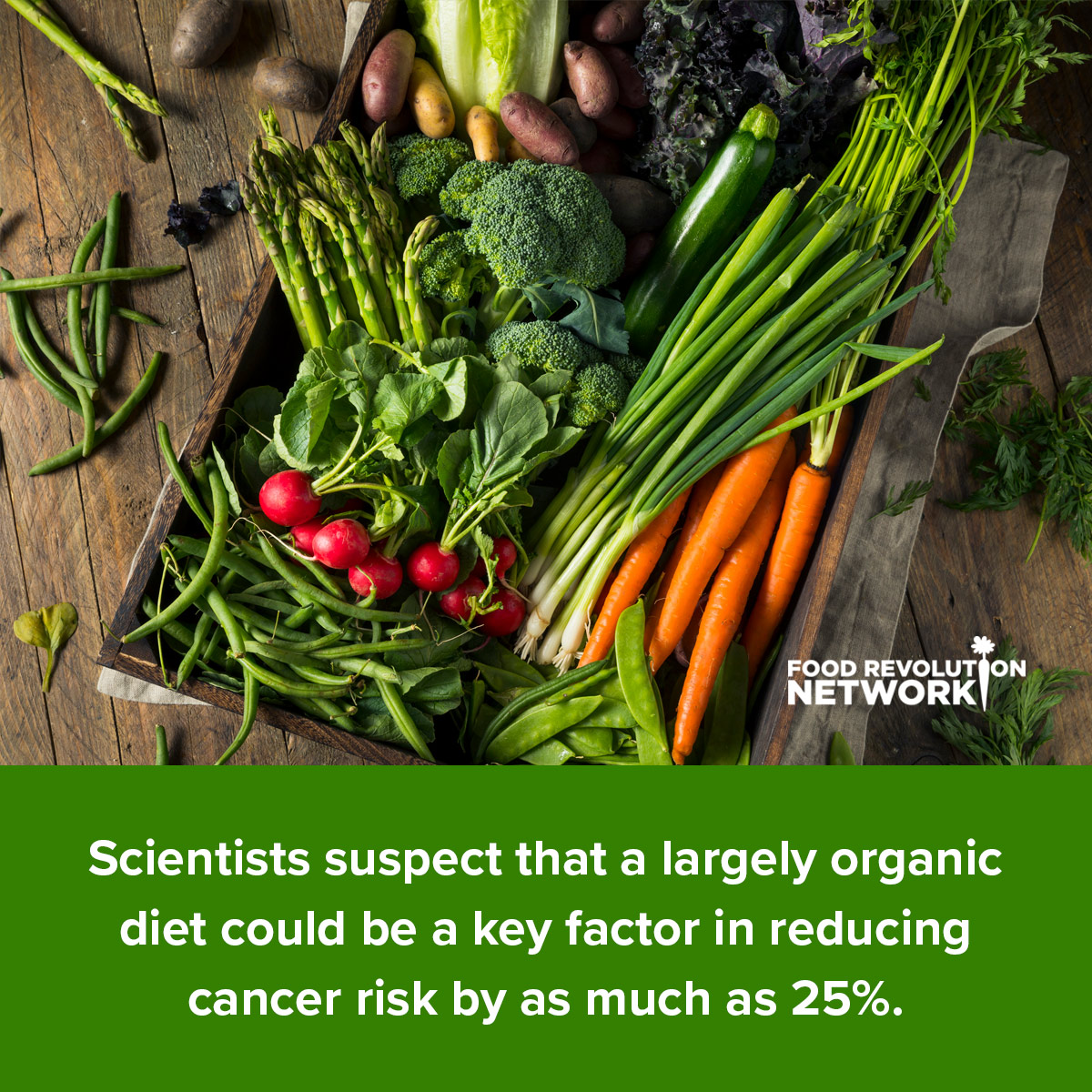
Organic foods are produced by farming methods that avoid synthetic pesticides, fertilizers and additives. These practices have been linked to lower risks of chronic diseases, including cancer and heart disease.
Researchers found that eating more organic foods was associated with reduced risk for obesity, type 2 diabetes, postmenopausal breast cancer and lymphoma in a large French study. Women were especially benefited.
Cancer
If you are a cancer patient or just want to reduce your risk of developing the disease, eating organic foods could be a good option. These foods are less likely to contain pesticide residues than conventionally grown ones, and there is little evidence that they actually increase your overall cancer risk, according to the American Institute for Cancer Research.
In fact, a recent study published in JAMA Internal Medicine shows that individuals who eat a lot of organic fruits and vegetables may be 25% less likely to get cancer during the follow-up period when compared to those who rarely or never consume them. However, more studies are needed to confirm this finding, and many other factors are involved in cancer risk.
One reason why this might be a significant effect is that those who ate a lot of organic fruits and vegetables had higher incomes and more healthy diets, both of which are linked to better cancer outcomes. In addition, they were also more active and less likely to smoke, which is a known risk factor for cancer.
Heart Disease
There is some evidence that organic food may reduce the risk of allergic disease and overweight or obesity. However, the results are likely to be influenced by confounding factors such as diet and lifestyle.
Similarly, the role of organic foods in preventing chronic diseases such as cancer and heart disease is unclear. Moreover, there is a lack of well-designed studies of the effects of organic food consumption on human health.
Theoretically, organic foods should have higher levels of antioxidants than conventionally grown products. These antioxidants may have positive effects on the immune system and help prevent certain chronic diseases.
The American Heart Association states that eating more fruits, vegetables, whole grains and other foods containing polyphenols (anti-cancer and disease-fighting compounds) is one way to help protect yourself from many illnesses and diseases. Additionally, reducing your exposure to pesticides and other toxic substances in the environment can also have benefits on your overall health.
Diabetes
There is a growing body of evidence that indicates that organic foods can play an important role in preventing chronic diseases. The World Health Organization, the European Public Health and Agriculture Consortium, and other organizations regularly publicize the benefits of a diet rich in fresh fruits and vegetables.
Diabetes is a disease that occurs when the pancreas cannot produce enough of the hormone insulin to move glucose (a type of sugar) into the bloodstream. This increases the amount of glucose in the blood and causes problems with your eyes, kidneys and nerves.
Eating a healthy diet with plenty of vegetables, fruits and whole grains can help prevent diabetes. But if you have diabetes or are at high risk of developing it, you should also get regular exercise. This will help keep your blood pressure, cholesterol levels and other risk factors under control.
Overall Health and Wellness
A healthy diet can play an important role in preventing chronic diseases like cancer, heart disease and diabetes. Organic foods can help reduce your risk of these diseases by providing more nutrients - like antioxidants and omega-3 fats - than conventionally grown foods, as well as by reducing pesticide exposure.
But, it is important to remember that all organic food is not created equal. Despite being labeled "organic," some products may still be high in calories, saturated fats or oils, sugar and other unhealthy ingredients.
Several studies suggest that consuming more organically produced fruits and vegetables can provide extra vitamins, minerals and phytochemicals. These include polyphenols, which are natural antioxidants that can lower your risk of certain diseases.
Frequently Asked Questions
Why is organic food so important?
It is essential for our health to eat organic produce. It's the best method to ensure you eat healthy foods. It's better for us and more sustainable because it doesn’t depend on pesticides or fertilizers.
Organic farming relies on natural methods to cultivate crops, without the use of harmful chemicals. This results in fewer environmental pollutants and makes organic farming safer. You are helping the planet and yourself by choosing organic food.
But organic food offers more than just health benefits. We all know the negative effects that processed foods can have on our health. Did you know that organic fruits and veggies aren't subject to chemical spray? This means they are more fresh tasting, last longer and look better.
Organic food is so important. Because it's not only healthy for you, it's healthier for the world.
What is the difference between organic food and inorganic?
Organic food is grown without the use of pesticides or chemical fertilizers, sewage effluent, radiation, or genetic modification. Organic farming practices support soil health, water quality, and animal welfare.
Inorganic foods are produced using chemical fertilizers, pesticides, and sewage effluent. Radiation can be used to destroy food, while genetically modified organisms are created by biological engineering.
The term "natural" is often used interchangeably with "organic." Natural does not always mean organic. There are also products labelled "natural" which may contain synthetic ingredients.
Organic produce is typically more nutritious than conventional produce because the soil contains fewer harmful chemicals and pesticides. Organic farmers also don't use synthetic fertilizers or hormones, pesticides, or antibiotics.
How can you tell if food is organic?
Any chef will tell you fresh ingredients are more important than any other ingredient. Because we feel better when we eat well.
The same is true of our food. We know where our organic food came from and how it has been grown. We also know that organics were not treated with harmful chemicals.
Organic foods are made without the use of synthetic pesticides and fertilizers, hormones, steroids, antibiotics, or genetically altered organisms (GMO). These substances are not permitted to organic farmers.
But that doesn't mean there isn't an art to growing organic crops. There are many methods to safely grow them.
Sometimes, organic farming is called sustainable agriculture. This means that while it uses fewer resources than conventional methods, it provides the necessary nutrients to sustain life.
Crop rotation, crop rotation, cover cropping and composting manure are all organic farming methods. These techniques prevent soil erosion while improving water quality.
They also reduce chemical pollution of waterways. Since most of us live in urban areas, we can find local farms that raise organic produce.
Two types of certification programs are available for organic products. The USDA National Organic Program certifies the one while the independent certifying agency certifies the other. Both require strict conformity to organic standards.
USDA seals and O Seals may be used to identify organic products that meet federal standards.
Are there health benefits to eating organic food?
While organic foods may not be suitable for everyone's health, they are healthy for some people. For those who consume them regularly, however, they can offer certain health benefits.
Organic food is grown without the use of pesticides herbicides fungicides hormones antibiotics or genetic engineering. Organic produce is free from harmful chemicals that could cause harm to human health.
Additionally, organic products are less likely to contain additives during processing. Organic products are likely to be healthier than nonorganic.
Research shows that organic produce contains more nutrients and antioxidants compared to conventionally grown fruit and vegetables.
While organic farming is more expensive than traditional farming, it often produces better results. Organic farming encourages soil fertility and biodiversity.
This helps to prevent erosion and conserve water resources. Organic farms don't use toxic chemicals and require less fuel and energy.
Many people are concerned that organic food is more expensive than regular foods. However, prices vary depending on where you live. Organic apples, on the other hand, tend to be more expensive that conventional apples.
If you take a look at the cost of a basket containing both types of fruits, you will see that organic is less expensive.
So, should you buy organic?
It all depends on who you are. It doesn't matter if organic food isn't for you.
You can purchase organic food if it is delicious. And since most commercial growers use chemical fertilizers, pesticides, and genetically modified organisms (GMOs), organic foods are safer for consumers.
Organic agriculture conserves the environment and promotes biodiversity.
Statistics
- To provide the highest quality products and services to every customer, with a dedicated workforce that puts the customer first and takes the extra step to achieve 100% customer satisfaction and loyalty. (hollinsorganic.com)
- Once certified by the USDA, it can fall into one of four categories: "100 percent organic", "organic," "made with organic ingredients," or "made with less than 70 percent organic ingredients. (en.wikipedia.org)
- According to a study performed by consumerreports.org, organic products, compared to non-organic products, ranged anywhere from 13 percent cheaper to 303 percent more expensive. (en.wikipedia.org)
- Nutrients like omega-3 fatty acids were up to 50 percent higher in organic meats and milk than in conventionally raised products.[3] (en.wikipedia.org)
External Links
ams.usda.gov
usda.gov
sciencedirect.com
- The health effects of organic foods and their impact on the human body: A review of the status quo and future prospects of research – ScienceDirect
- Technical note: Simultaneous Vitamin and Carotenoid Analysis of Milk from Total Mixed Ratio-Fed Cows - ScienceDirect
ecfr.gov
How To
Are there downsides to buying organic products?
Organic food has many benefits. There are however some downsides. These include higher consumer costs, lower quality standards and fewer options.
It's okay to want more variety in grocery shopping. But we've been conditioned to expect cheap foods that taste awful. It's because most grocery stores carry identical prepackaged food.
Organic food is increasingly becoming popular, thanks to the fact that it has better nutrition and tastes amazing. How do you convince people that it is worth the extra effort?
Well, you could tell them that organic food costs more. Organic food tastes better, but that doesn't make it any less expensive. This might make them suspicious about your motives.
Instead, you should highlight its many benefits. Organic food is richer in nutrients and contains fewer pesticides and antibiotics. Organic food is also grown without the use of synthetic fertilizers or herbicides. This makes it healthier for our bodies and the environment.
Many people don't want to eat organic food because it is too expensive. But if they think about the health benefits, it may be worth spending a few bucks per week.
Organic food tastes better as it's manufactured under strict guidelines that avoid contamination. As a result, it tends to retain more vitamins, minerals, and antioxidants.
Organic food is also better for you because it's picked later. This makes organic food fresher and easier for you to digest.
Finally, organic food is generally cheaper because farmers grow it organically, which requires less labour and fertilizer.
Resources:
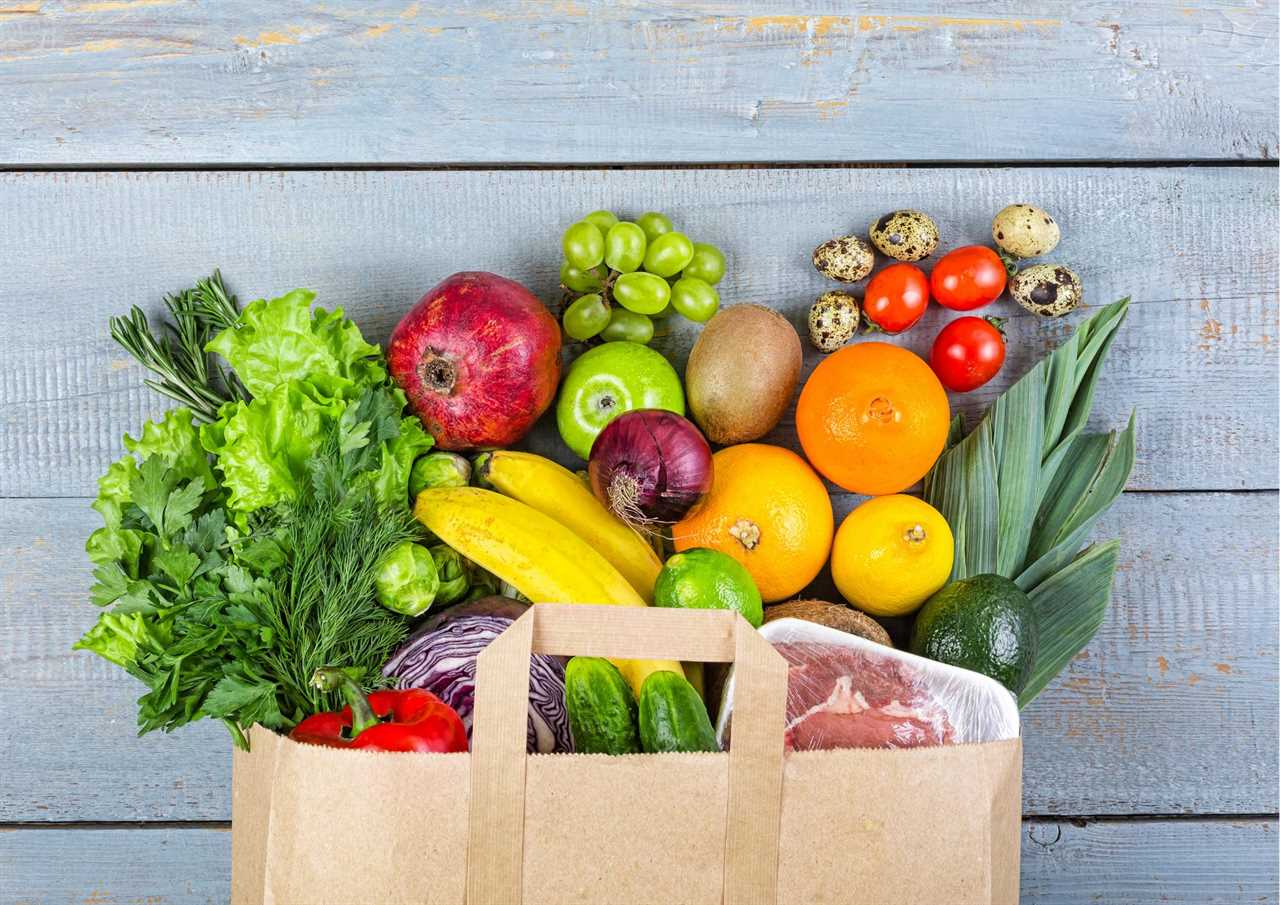 |
Health benefits of eating organic?A review in The Annals of Internal Medicine failed to find strong evidence that organic foods are significantly more nutritious than conventional foods. Lisa |
 |
The Benefits of Crop RotationCrop rotation is a way to grow multiple types of crops in the same space. This is done in an effort to diversify the ecosystem, reduce pest and weed.. |
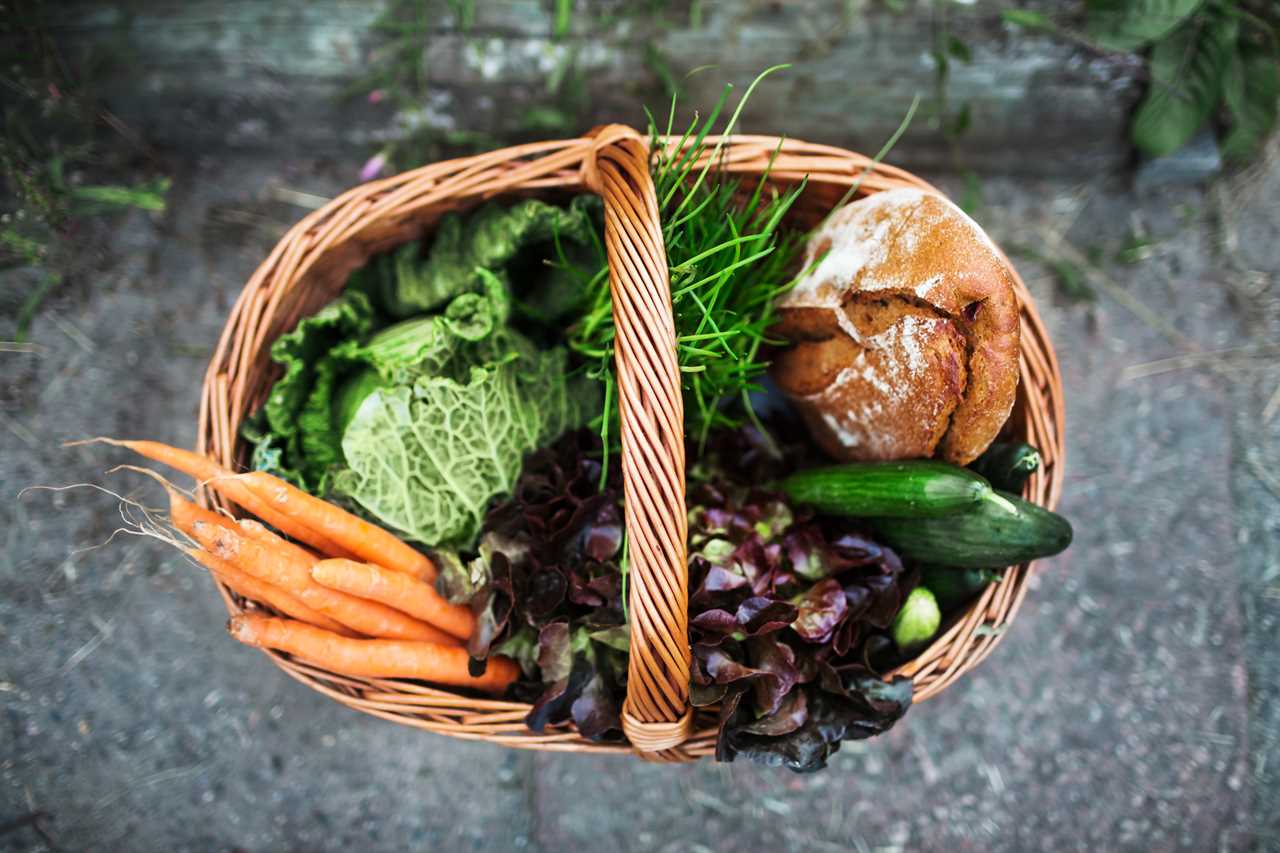 |
Do I Need To Eat 100 % Organic Food? – Dr. BergFor more info on health-related topics, go here: https://bit.ly/2YI8NLc Take Dr. Berg's Free Keto Mini-Course: http://pxlme.me/-i717vtY […] |
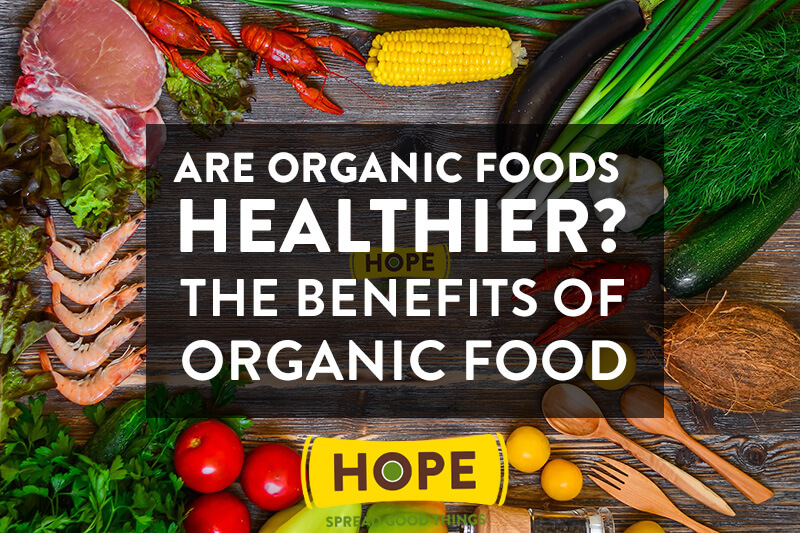 |
The Importance of Soil Conservation in Meeting the Sustainable Development GoalsSoil conservation is important for maintaining the soil's health and resilience. The microbial and faunal communities in the soil are impacted by.. |
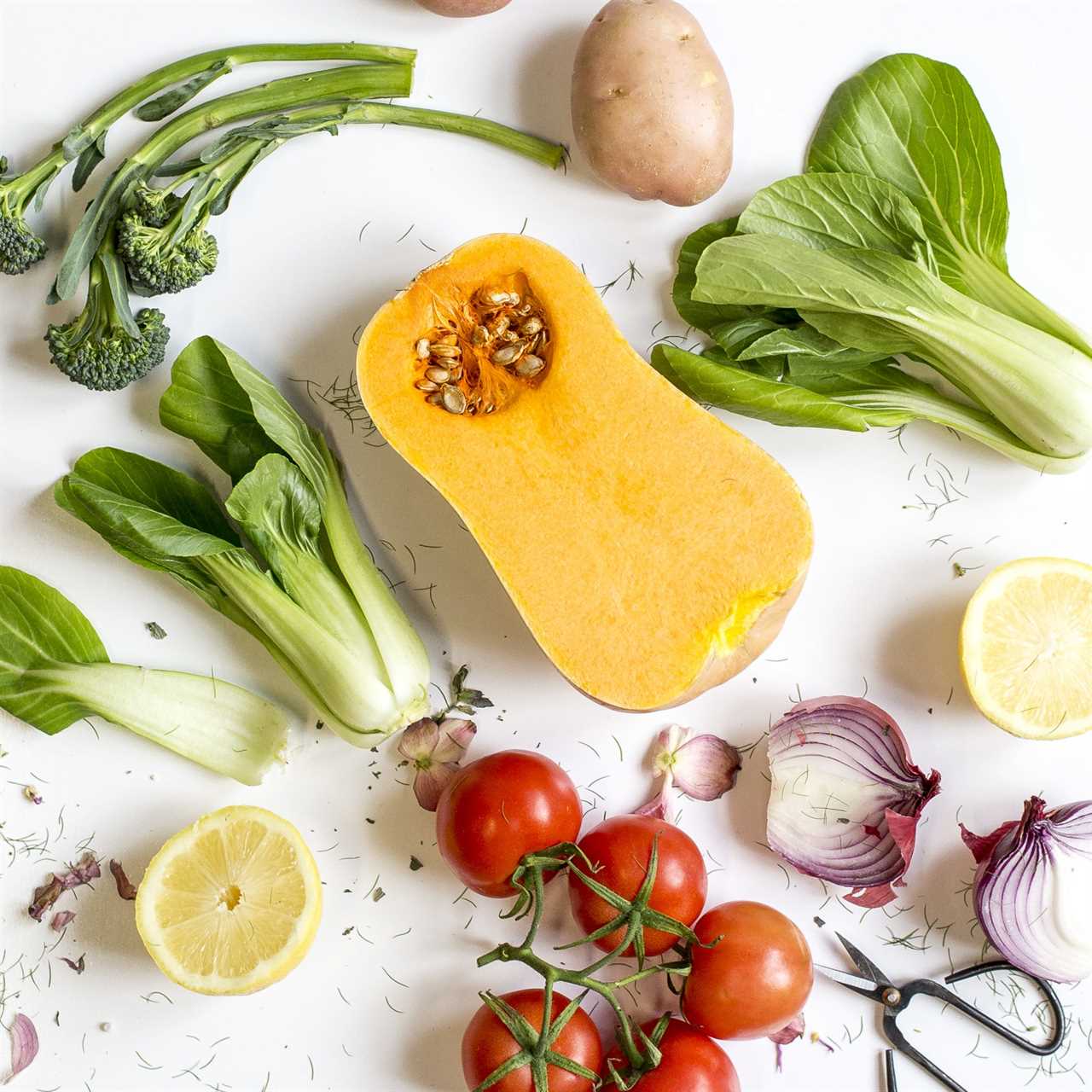 |
Benefits of Organic FarmingOrganic farming is one of the best ways to help protect the environment. It can also provide a number of benefits for your farm, including increased.. |
 |
Is `organic` food actually healthier for you?Dr. Marc talks about organic food. |
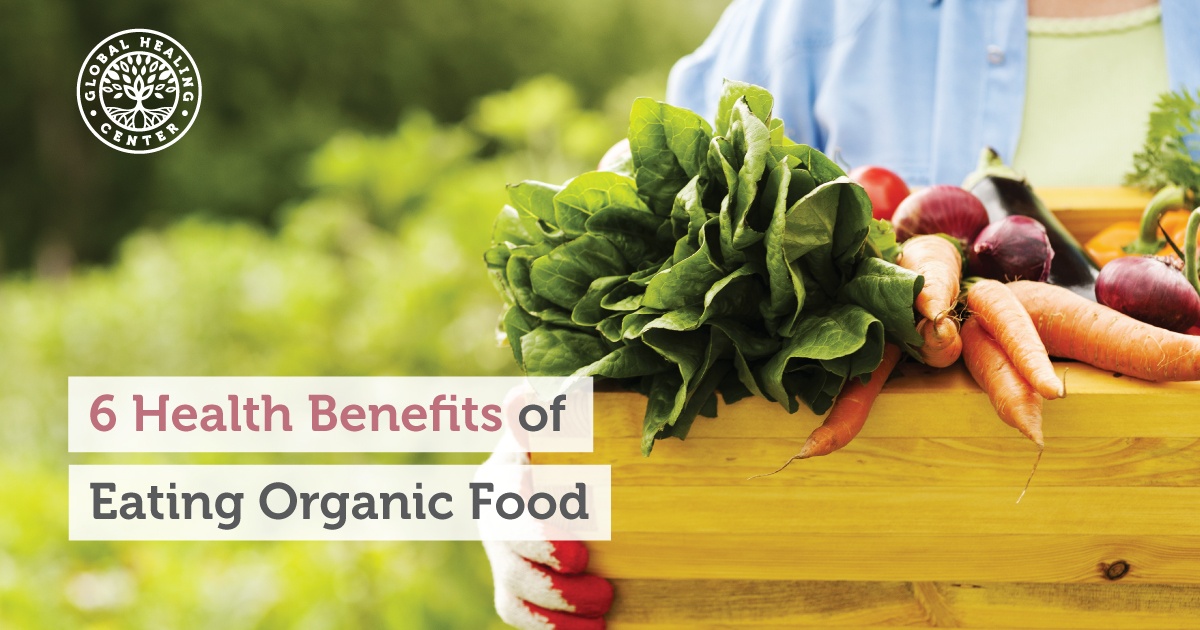 |
Organic Farming MagazineOrganic farming magazine is a resource that provides you with the latest information on organic agriculture, health, and sustainability. It also.. |
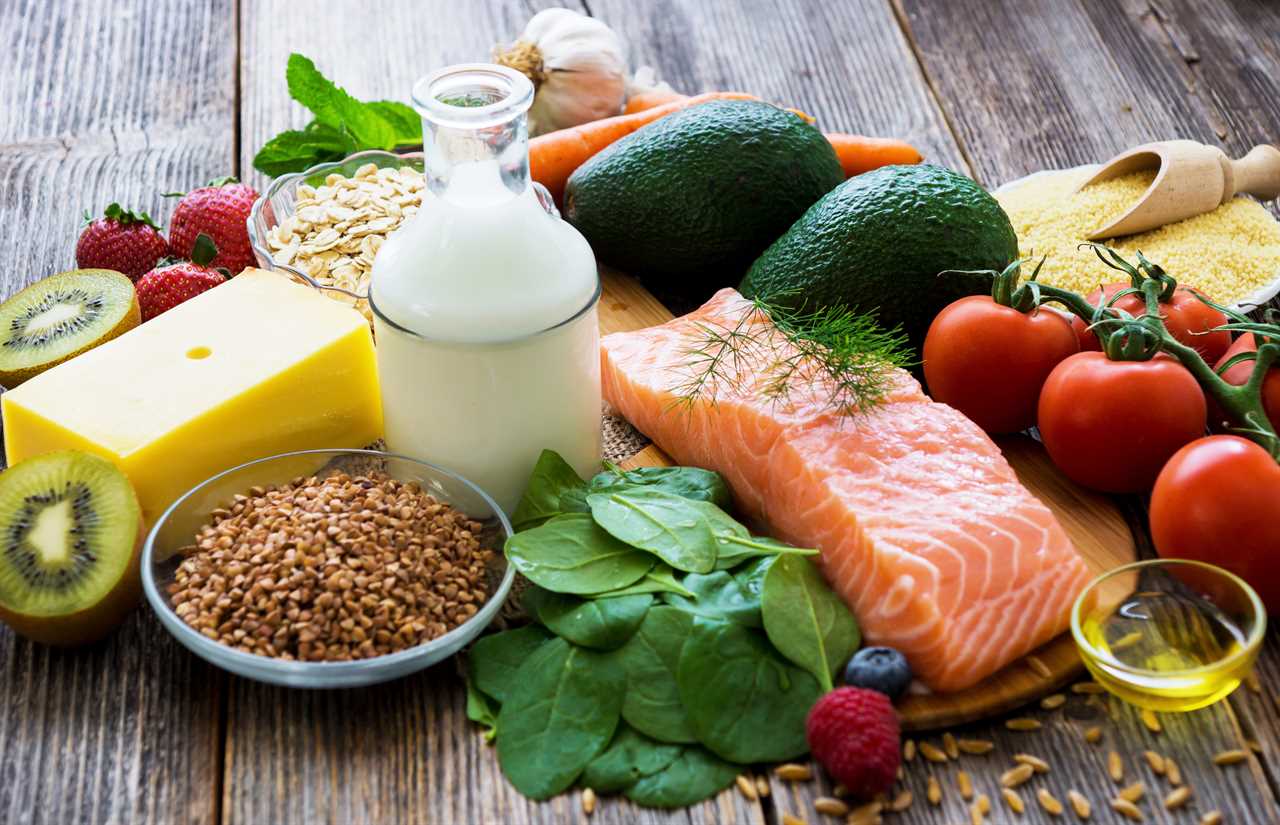 |
Is Organic Food Really Worth It?The organic food industry is a booming business. U.S. organic sales surged in 2020, jumping by 12.4% to $61.9 billion. With consumers being more health |
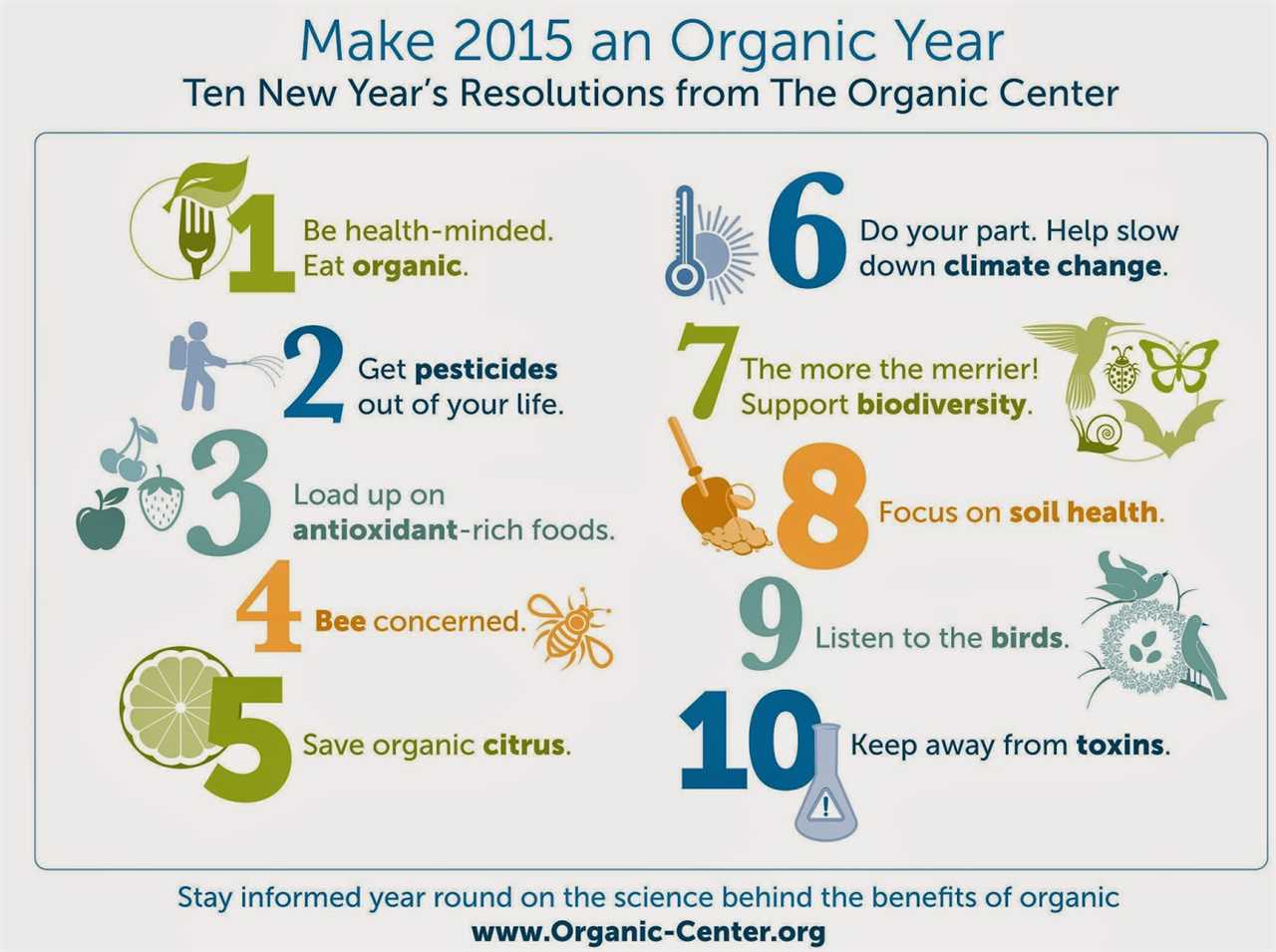 |
The Difference Between Organic Milk and Regular MilkOrganic milk is a type of milk that comes from livestock that is raised according to organic farming methods. This is a term that is regulated by.. |
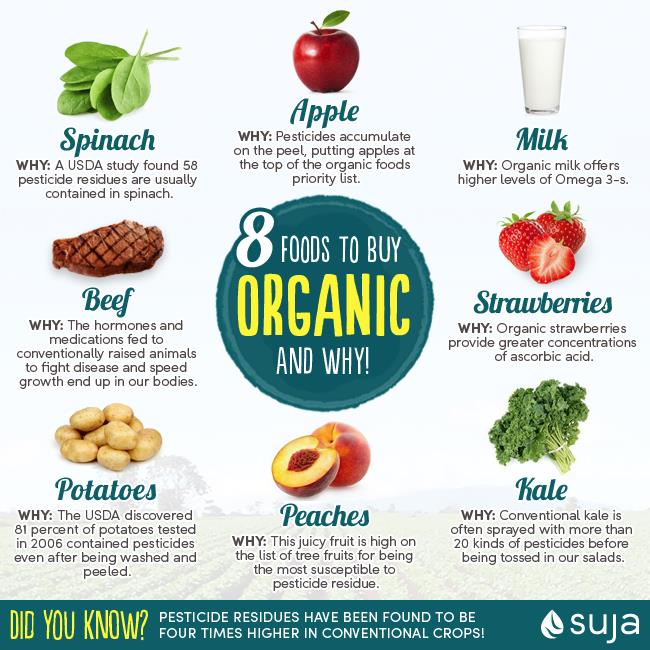 |
The Benefits of CompostingComposting your waste can be a very effective way of ensuring that your organic material is being broken down to the best of its ability. When.. |
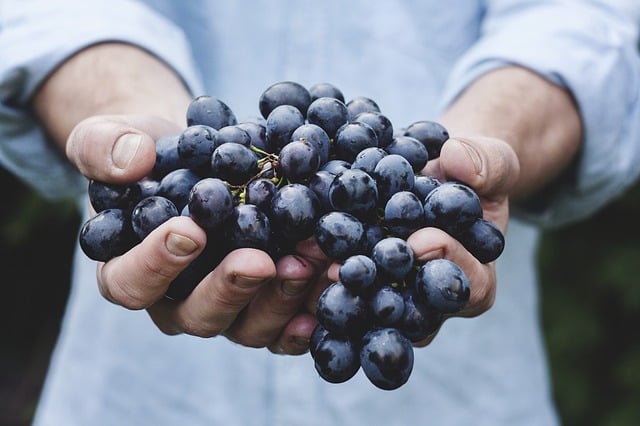 |
Is Organic Farming Beneficial to Biodiversity?Organic farming is a growing interest in the scientific community, and researchers have been investigating whether the practice is beneficial to.. |
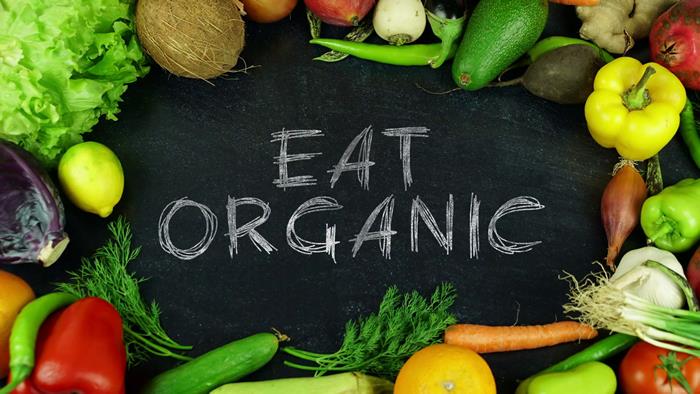 |
Organic eatingOrganic Cultur |
 |
What is Organic Cotton?Organic cotton is the type of cotton that is grown without using pesticides or chemicals. It is also the type of cotton that is grown in subtropical.. |
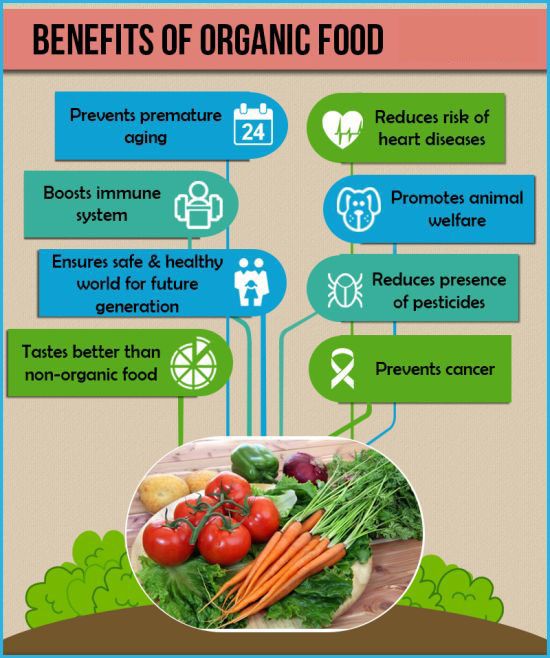 |
Benefits of Cover CropsIf you aren't familiar with cover crops, you may be surprised to learn that they are plants that are planted to grow on top of the soil to help.. |
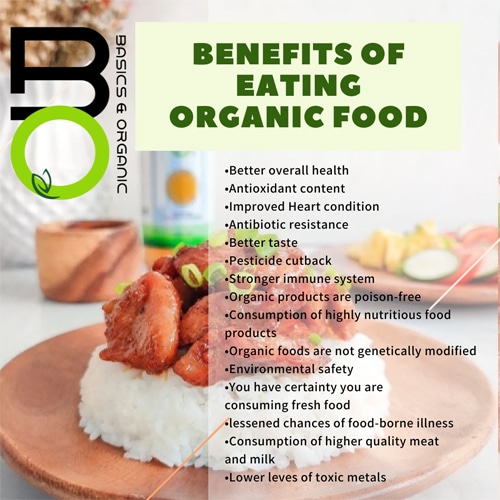 |
Learn How to Become an Organic Farmer Through a Training ProgramIf you are looking to become an organic farmer, there are several ways you can do so. One option is to take a training program that will teach you.. |
 |
Exotic VegetablesWhen it comes to vegetables, there are plenty of choices to choose from. Some of the most popular choices include broccoli, corn, carrots, and.. |
 |
The Benefits and Pitfalls of Organic Farming OrganizationsOrganic farming is an approach to farming that is not only ecologically sound, but also financially feasible. It is a method that is free from.. |
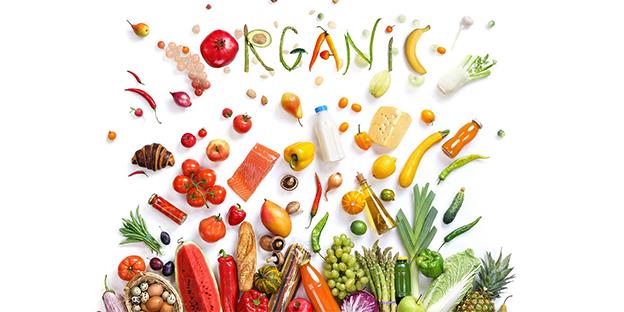 |
Soil Composition and BiodiversityThe soil that we have around us is a vital part of our lives. It is the home for many plants and animals. It also has a texture, a color, and many.. |
 |
Organic Farming PrinciplesOrganic farming is a practice that is designed to be sustainable and healthy. Its principles include avoiding harms produced by industrial farming.. |
 |
When Did Organic Food Start?The answer to the question when did organic food start? will vary depending on the time period in which you are looking at. For instance, it may be a |
 |
Can Organic Be GMO?The question Can organic be GMO is an ongoing debate among many consumers. While it's possible to eat foods that have been produced using genetic.. |
 |
Chhattisgarh's Organic Farming SchoolsThe government of Chhattisgarh has started to introduce organic farming schools. This initiative is intended to provide the young generation with the |
 |
What is a Conventional Farm?Conventional farm is the term used to describe a farm that is not organic. It is a form of agriculture that is associated with better soil quality,.. |
 |
The Rodale InstituteThe Rodale Institute is a nonprofit organization that aims to support research into organic farming. It was founded in 1947 by J. I. Rodale, an.. |
 |
The Latest Research on Organic | The Organic CenterResearched articles about eating Organic food |
 |
Korean GardeningKorean gardening is one of the oldest ways to grow plants. It involves planting herbs, fruits, and vegetables that are used in kimchi, a type of.. |
.png)





